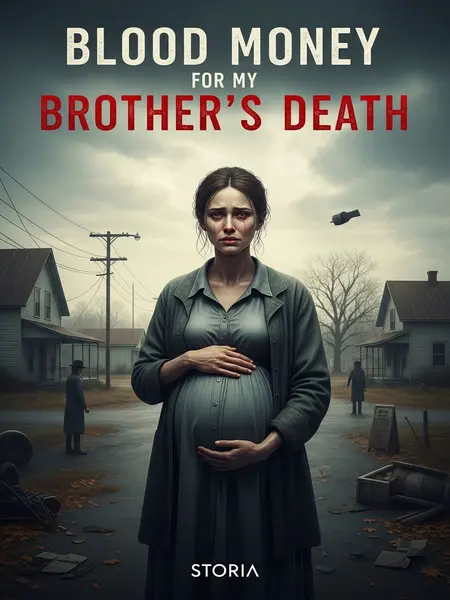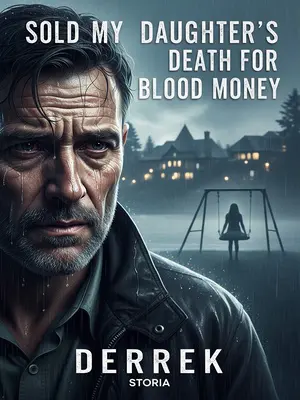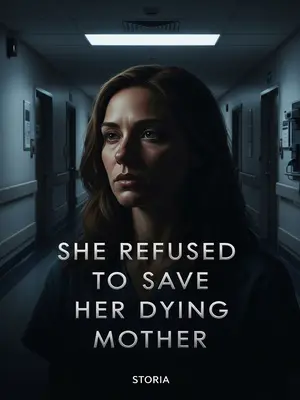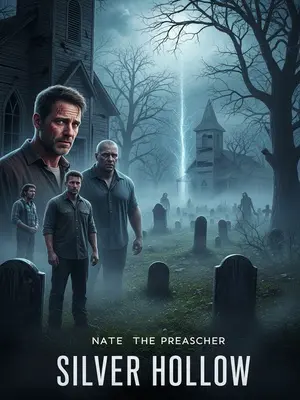Chapter 2: The Price of Silence
Yes, it was that surreal. Before she could get home, Ethan Grant had already been cremated. The news came as a punch in the gut, leaving Natalie gasping for air in a Greyhound seat that smelled of stale coffee and old vinyl. Natalie pressed her forehead to the grimy window, watching sunburned fields blur past, the bus rattling like a bad dream she couldn’t wake from.
Don’t ask why. Nobody had a good answer. Everyone in town just shrugged, like this was the way things worked.
If you do, they’ll tell you: the weather was too hot to keep the body. June in the valley can make you dizzy from the heat; even the funeral home fans couldn’t keep the smell of death at bay, or so they said.
At that time, transportation wasn’t as convenient as it is now, and the place was remote. After getting off the Greyhound, you had to stay overnight in the state capital, then go to the county the next day, then take a bus, then a rideshare. Only after all that could you get home. So even though Natalie hurried, it still took her two and a half days to return. She slept with one eye open in a bus station, the echo of fluorescent lights buzzing overhead.
That was the most "reasonable" reason for rushing the cremation. At least, that’s what the folks behind the counter at the funeral home said, never meeting her eyes.
Another reason: Ethan’s mother had signed her consent. The town clerk waved a paper, her mother’s shaky signature barely a scrawl.
But not only was Ethan’s mother illiterate, she also had a history of mental illness, and after this shock, she was already confused, unable to explain anything when her daughter asked. She sat in her chair by the window, rocking and murmuring to herself, lost in memories and grief.
But the town said she had signed her name in agreement. Nobody questioned it; nobody cared.
Now, what Natalie faced was her brother, reduced to ashes, and seventy thousand dollars in compensation. Seventy grand in cash, stacked in brown envelopes—enough to buy a house, or maybe just a little peace. But not enough to bring her brother back.
Yes, each perpetrator paid ten thousand—a huge sum at the time. The money came in cash, untraceable, hush-hush. Like that could make up for a life lost.
As for the bullies, Natalie didn’t even see their faces, let alone get an apology. They stayed away, hiding behind their parents and lawyers.
The factory manager, looking down at Natalie, this thin, worn-out working girl, said: “Look, Natalie, this was outside company grounds. We did what we could to help you out. That’s more than most folks would do.” He said it like he was doing her a favor, eyes already moving past her to the next problem on his desk.
Yes, it’s enough. For people like him, money was always the answer.
After all this, Ethan’s mother’s health was failing—she didn’t have long to live. You could see it in the way she shuffled around the house, smaller with each passing day.
She might not even have time to spend the seventy thousand. It’d just sit in the bank, untouched, gathering dust like the family Bible on the mantle.













